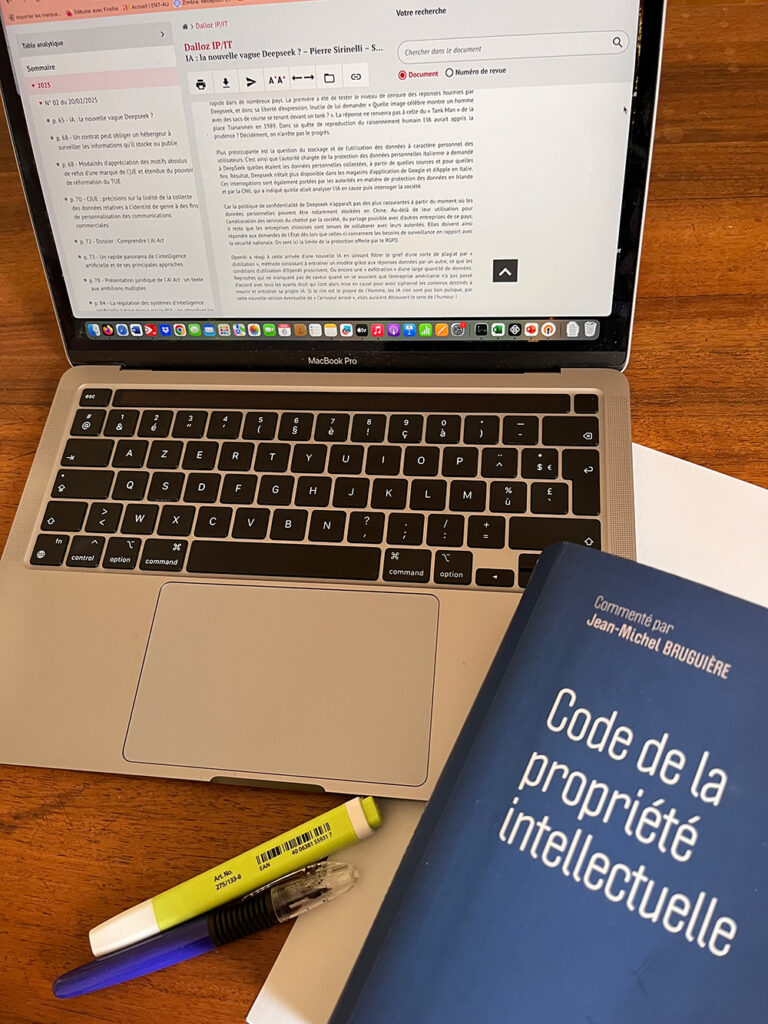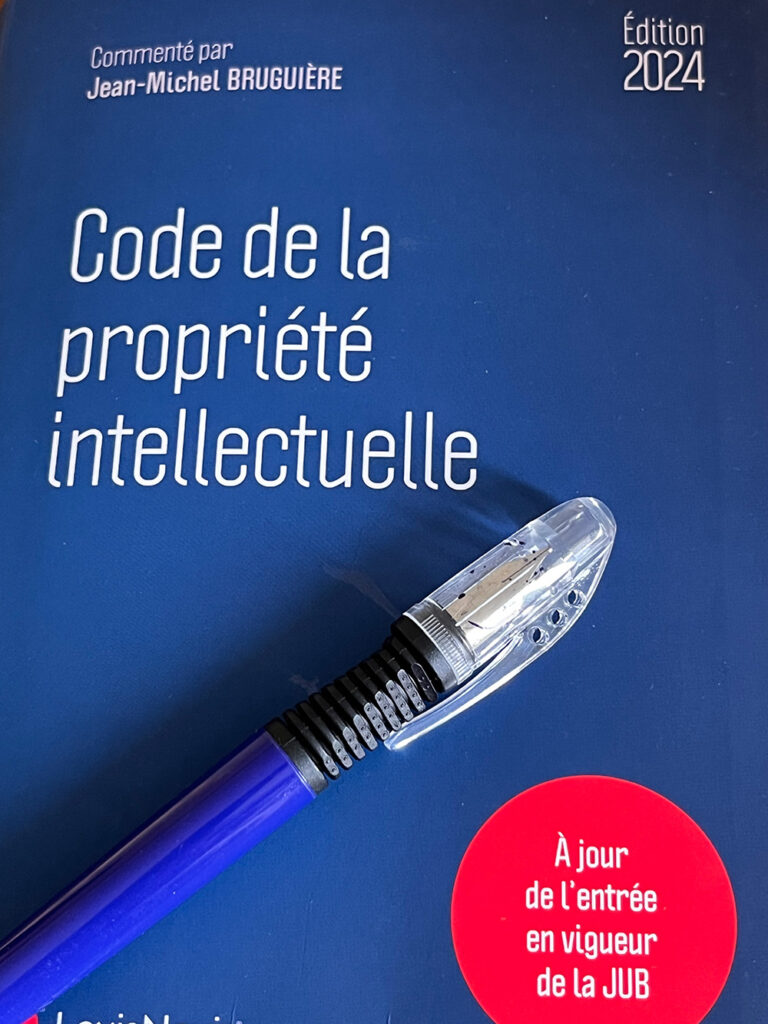[Portrait] Agnès Maffre-Baugé, Professor of private law (UPR -JPEG)
What is your research about?
My research focuses mainly on copyright. Over the years, I have broadened the scope of my research to include cultural goods law and, more broadly, intellectual property and consumer issues arising from the digital transition. As such, I am particularly interested in relationship between ordinary law and contractual copyright or consumer rightswhich I'm lucky enough to teach. This allows me to forge often fruitful links between the two core areas of my work: teaching and research.

What are your current scientific activities?
After taking part in a conference on remuneration in intellectual property law in Grenoble at the end of the year, I am co-organising with my friend and colleague Bérengère Gleize a conference which will take place in October 2025 at the University of Avignon: "Intellectual property and the ecological transition. The aim is to take a legal look at the impact of intellectual property on the ecological transition, and to ask whether intellectual property is a brake on or a driver of the ecological transition. The aim is to take stock of the relationship between the two, and then to suggest ways forward for greener intellectual property.
Why did you choose to work in academic research?
Do we really choose to do university research? As far as I'm concerned, my 'appetite came with eating' thanks to my second cycle dissertation, which dealt with a subject chosen more by elimination than by real conviction. But it did lead to a proposal to fund a thesis, which I accepted without hesitation, so much did I enjoy this first research exercise! Taking an in-depth look at a legal issue, taking the time to analyse legislation and case law, reflecting freely on their practical consequences in order to propose and defend, if necessary, changes: this is intellectually fascinating for anyone who loves the law.
What advice would you give to students who want to do research?
Research is a demanding and selective field, given the scarcity of permanent positions at university. You need to be highly motivated and aware of the short- and medium-term implications, i.e. during your thesis (there are bound to be ups and downs) and afterwards (your thesis is just one stage in the long road to becoming a teacher-researcher). But if the desire is there, you have to go for it, choose your thesis subject carefully and don't remain isolated. Because although a law dissertation is above all a solitary exercise, it is also part of the more collective framework of a research lab or team.
What object or image from your business best illustrates you?
Lawyers don't need much to carry out their research, since they work essentially with texts. So codes, access to legal databases, paper, pen, a few Stabilos and a good cup of tea... That's what I'm surrounded by on a daily basis!


The Legal, Political, Economic and Management Sciences Laboratory (UPR 3788 -JPEG)
The Laboratoire des sciences Juridiques, Politique, Économiques et de Gestion (-JPEG, formerly LBNC) is a multi-disciplinary research unit that brings together lawyers, political scientists, economists and managers to work on unifying research projects.
It is structured around three research themes: Labour - Employment, Voting and democracy and Digital societies.
The portraits
Updated on 5 May 2025